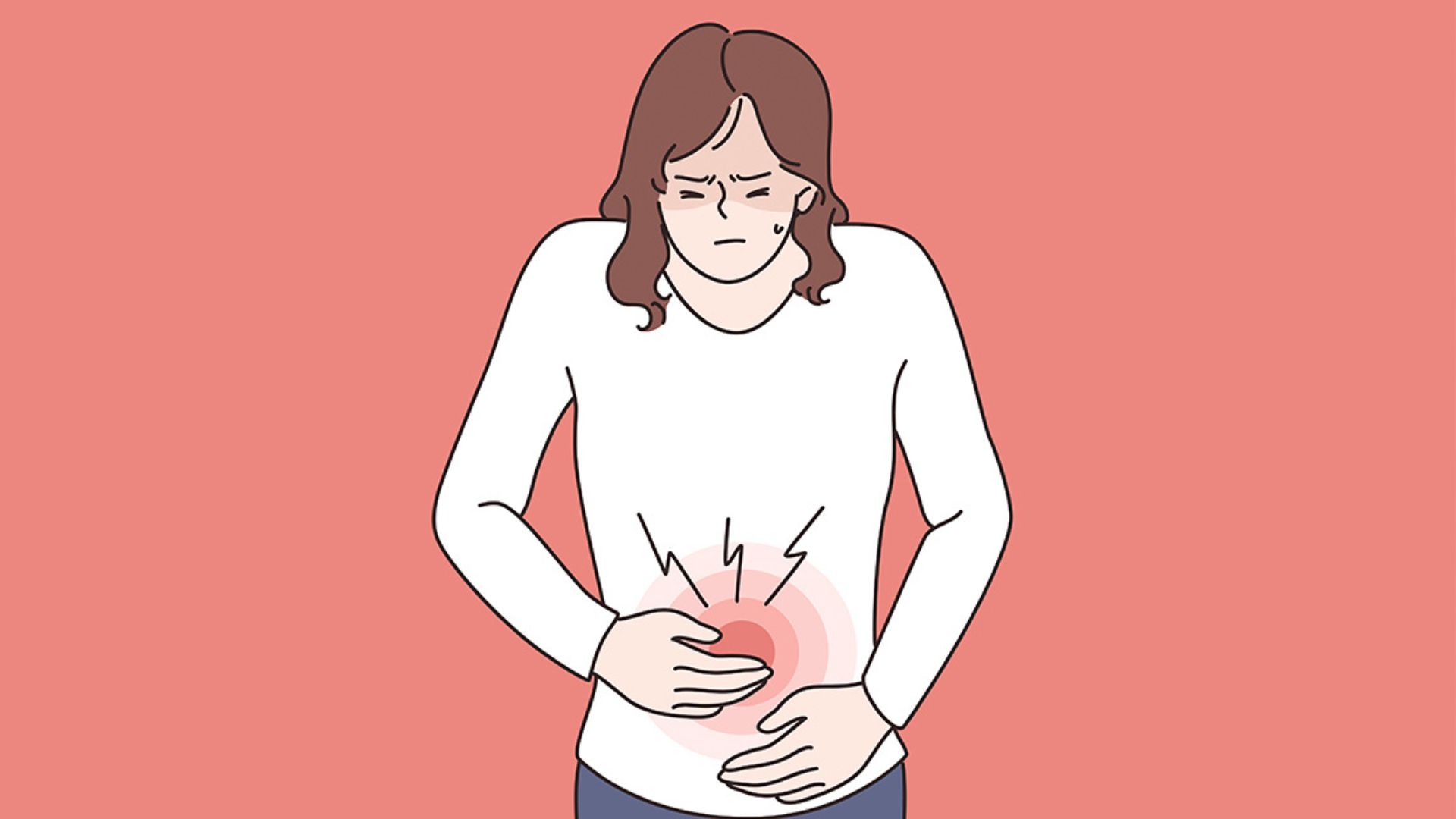Migraine is one of the most common neurological disorders which affect children as well as adults. Though it is not a life-threatening condition, the pain due to migraine can be excruciating and very severe. The World Health Organisation highlights that migraine mostly begins at puberty and often affects people aged between 35 to 45 years. Also, it has been observed that women are more susceptible to get migraine due to their hormonal influence, especially in reproductive age.
Migraine can be more than a normal headache. It can cause extreme pain, nausea and vomiting, and sensitivity to light and sound. The throbbing pain due to this headache can affect the quality of life by impacting the day to day activity.
Migraine is diagnosed based on the history of recurrent headaches which typically follows a pattern. In most migraine cases, when a person experiences a migraine attack he/she might feel the following symptoms which differentiate it from other headaches.
• Pulsating headache occurs generally on one side of the scalp, forehead or temple; or sometimes on both sides
• Nausea and vomiting
• Light and sound sensitivity
• Blurred vision sometimes with visual auras
• Lightheadedness and giddiness
Medication is a proven method to get rid of migraine headaches. However, taking medications regularly may not help in the longer run. Understanding the migraine triggers, coping with them and also preventing them is crucial in managing migraine. It can also help in reducing the frequency and severity of the condition.
Listed below are few measures which one need to take to cope up with migraine:
Find a calm and quiet environment:
As a first step, take a break and stop the work if possible. Try to avoid light as people with migraine often get sensitive to light and sound. Relax in a dark and quiet room or try to sleep. Apply a hot or cold compress to your head or neck. It might dull the sensation of pain.
Treat it early:
Timing is everything when you want to get relieved from a migraine. Keep the medicines prescribed by your doctor handy and take them as soon as the pain starts. Waiting for the full-blown migraine and then taking the medicines may delay the recovery as well. People who are already suffering from migraine will be able to understand the initial signs quickly.
Establish a sleepinghabit:
Migraines are often triggered by poor sleeping habits. Migraine also might make it difficult to fall asleep due to the pain. It is not sufficient to simply get eight hours of sleep, for people with migraine. The quality of sleep is crucial and that can be improved by having a regular sleep schedule (going to bed at the same time every day and getting up at the same time every day). Listening to soothing music, taking a hot water bath may help in getting better sleep.
Eating habits:
Diet plays a major role in migraine. Avoid delaying meals or fasting. These are the known triggers for migraine. Also, certain food can increase the chances of migraine. Therefore, maintaining a diet journal, keeping track of what to eat and what to avoid is crucial.
Manage stress:
Stress and migraine go hand in hand. It is impossible to control migraine if the person is going through enormous stress. Simple measures like managing time wisely, taking breaks during work hours, relaxing, maintaining work-life boundaries will help in managing work-related stress. Also, regular meditation will help in controlling stress.
Hydration and Exercise:
Hydration and exercise are other important factors. People suffering from migraine must drink enough water throughout the day and about 20 to 30 minutes of exercise should be done daily. Aerobic physical exercise is advised for people with migraines as it decreases migraine frequency and intensity.
Migraine pain should be managed with a comprehensive set of lifestyle and behavioural changes, as well as medication when required. These medications may be prescribed for immediate treatment of headaches when they are infrequent, or for prevention of episodes when they are very frequent.
The writer is Senior Consultant, Neurology, Columbia Asia Referral Hospital, Yeshwanthpur (A unit of Manipal Hospitals).













